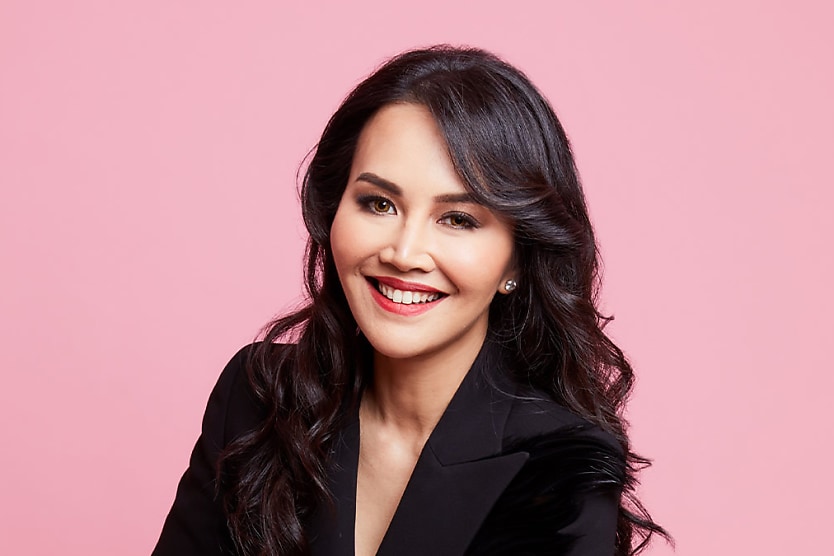Cost-of-living crisis driving the need for more EAPs
SHARE THIS ARTICLE

According to a recent report, the cost-of-living crisis is increasing the demand for employee assistance programs (EAPs) right throughout corporate Australia.
As financial pressures continue to affect Australian workers, organisations across corporate Australia are looking to increase their counselling resources for employees, as they are experiencing a high demand for EAPs.
The cost of living is one of the many factors that are increasing the burden on working Australians, with a large number of them experiencing stress, burnout, and heightened anxiety as a result.
“So many families and Australians are experiencing heightened stress, anxiety and financial insecurity, so instead of spending their own financial budget to get mental health support, they now utilise the EAP service more than before,” said Australian College of Applied Professions’ (ACAP) graduate and Veretis owner Rany Moran.
“Overall, there is and will continue to be an increased number of companies looking for reliable local Australian EAPs.”
The recent Safe Work report showed that mental health conditions are accounting for 10.5 per cent or 14,600 serious claims in 2022–23. This accumulated to a 19.2 per cent increase in 2021–22 and a 97.3 per cent increase compared with 10 years ago.
Measures are, of course, being put together to lessen these statistics, with the government recently implementing psychosocial hazard laws in an attempt to negate any stressors that may be affecting employees in their workplace.
Professor Vicki Hutton, the head of counselling at ACAP, said: “We have seen a growth in government regulations to protect employee wellbeing, including recognition of psychosocial hazards in the workplace. Employers have an obligation to support stressed or distressed employees and provide them with resources to maintain their wellbeing in the workplace.”
According to the National Skills Commission, counselling jobs are expected to grow from 24,400 to 27,800 by 2026. Hutton explained that counsellors are specifically suited to processes and programs such as EAPs.
“Counsellors are trained to work with people from diverse backgrounds to empower them to resolve identified concerns and facilitate change. They do this by drawing on a range of skills and processes to establish a positive working relationship that allows the person to be an active participant in making decisions about their life. This active involvement is crucial to facilitating lasting change,” said Hutton.
Moran said: “When we are talking about EAP service, we are talking about, on average, five to six total sessions, so a counsellor’s skill set is very suited to the work.”
Moran believes that counsellors hold a very important role in this space, as they can heal and prevent further issues from arising for workers across Australian workplaces.
“Counsellors are great at stepping in early to offer the kind of service that prevents issues from escalating, and an EAP user will want to walk away with strategy and tools in a short period of time,” said Moran.
Kace O'Neill
Kace O'Neill is a Graduate Journalist for HR Leader. Kace studied Media Communications and Maori studies at the University of Otago, he has a passion for sports and storytelling.

